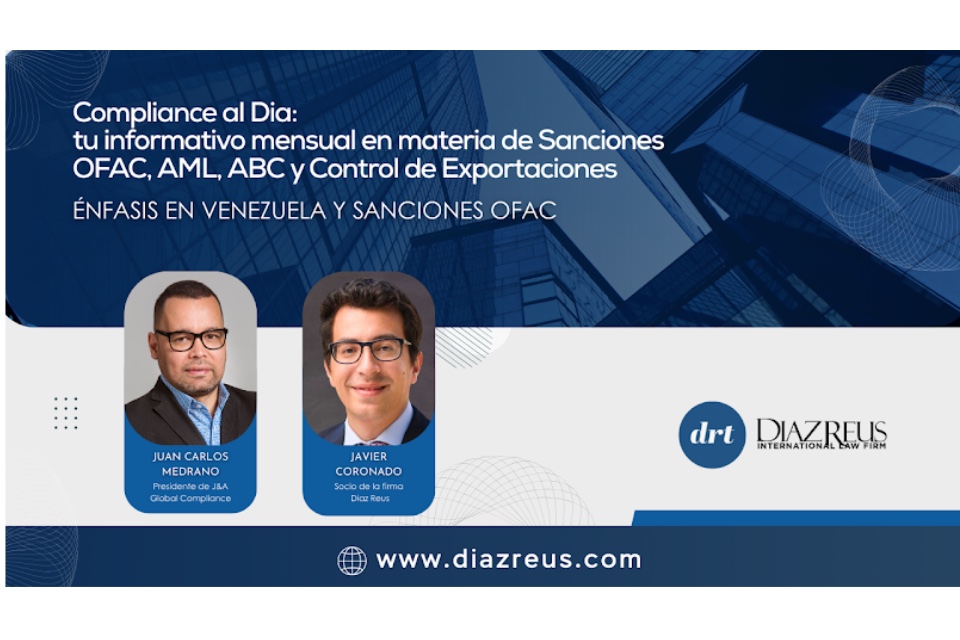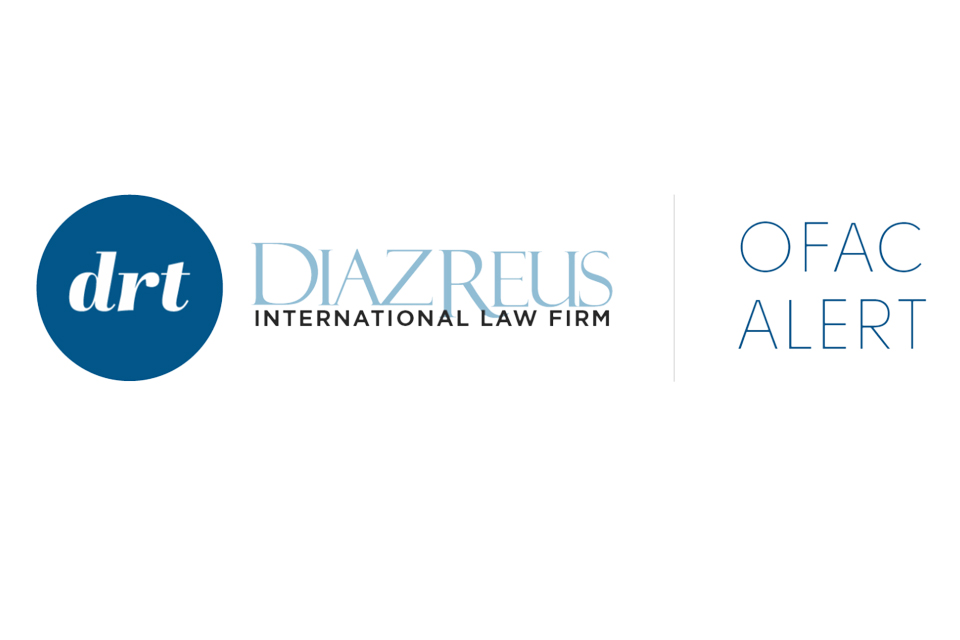Today, Gome Electronics is China’s second largest electronics retailer in terms of market value and the largest in terms of the number of stores, operating over five hundred stores around China. In November 2008, Huang Guanyu, founder of Gome Electronics, was arrested and later sentenced to 14 years for bribery, insider trading and unspecified illegal operations. Due to this arrest and Gome’s huge debts, it had to sell $233 million of convertible bonds to Bain Capital LLC, a Boston-based private equity firm, with a condition that Bain would have the right to nominate three directors to Gome’s Board of Directors. This was the beginning of a power struggle between the board of directors of Gome which escalated into a long drawn-out corporate battle. As a result of these ongoing issues, the Gome case has been widely reported, closely watched, and widely commented in China.
In November 2008, Huang Guanyu, founder of Gome Electronics, was arrested for bribery, insider trading, and unspecified “illegal operations.” He was eventually sentenced to 14 years in prison.
Huang, a self-made business tycoon, came from a poor peasant family in South China that started doing business by selling radios and watches from a street stall in Beijing in the 1980s. By 2004, Huang was labeled as the “richest man in China.” Huang’s success came largely via Gome, which he founded in 1987. Today Gome is China’s second largest electronics retailer in terms of market value, with over 500 stores around China. Gome’s stock has been listed on Hong Kong’s stock market since 2004.
Huang’s 2008 arrest caused uncertainty among Gome’s shareholders and market participants. Shortly after the arrest, the Hong Kong Stock Exchange halted the exchange of Gome’s stock. On January 16, 2009, Huang resigned his chairmanship of Gome’s board of directors. His successor, Chen Xiao, was the former President of Gome. Huang was, however, still holding a 34 percent ownership interest in Gome at the time of Chen’s appointment.
When Chen took over as chairman of the board, Gome was in massive debt. The trading halt of Gome’s stock further drained the company’s financial resources. With total assets of less than $2 billion and less than $500 million in liquid capital, Gome was in a financial crisis. As a result, Gome’s board of directors hastily approved a deal allowing Bain Capital LLC, a Boston-based private equity firm, to purchase $233 million of convertible bonds from Gome.
Bain’s purchase, however, came with a condition: Bain was granted the right to nominate three directors to Gome’s board. If Bain did not see its representatives appointed in a timely fashion to Gome’s board, it would have the right to rescind the contract and collect 2.4 billion Yuan (about $350 million) from Gome as “compensation.” In other words, in exchange for Bain’s money investment, Gome conceded part of the corporate decision-making power to Bain. When Gome’s stock resumed trading in June 2009, the price of shares rose by 69 percent. This was interpreted as the market’s positive reaction to the Gome-Bain deal. Shortly thereafter, Gome issued new shares to further raise capital on the stock market.
Worried that he was going to lose control over Gome, Huang and his family fiercely opposed the appointment of Bain’s representatives to the board. Huang initially voted his shares to remove the three Bain appointees. However, within 24 hours, Gome’s board reappointed the three Bain appointees. That led to Huang’s motion to convene a special shareholder meeting on September 28, 2010, in an attempt to re-elect Gome’s board, and to remove Chen, whom Huang had now labeled as his foe. Three days before the deadline for registering voting shares, Bain converted its bonds to stock, thereby slightly diluting Huang’s interest to 32.47 percent. With approximately 68 percent of the votes backing him, Chen was retained as Gome’s chairman. The battle, however, was far from over because Huang still controlled 370 privately owned stores apart from Gome and still was the registrar of Gome’s trademarks.
The Gome case has been widely reported, closely watched, and frequently commented upon in China. Indeed, for other Chinese companies starting as family businesses, this case serves as a reminder as to the price a private company pays for going public. Before Gome, many Chinese companies wanted to “go public” and be listed in an international stock exchange. The attraction was obvious – quick capital in the open market. At the same time, founders and CEOs of publicly-held companies always want to operate the corporation like a family business. There was little awareness that going public also required a shift in paradigm, especially in terms of company operations. The corporation was no longer a private domain controlled by a patriarch, but a public entity subject to the scrutiny of analysts and regulators and exposed to the danger of takeover.
The Gome case also demonstrates Western investors’ increasing interest in Chinese-based corporations. According to Jonathan Zhu, Managing Director of Bain Capital, Bain decided to partner with Gome because Bain believed that Gome, as a leading label in China, had immense potential for the future, despite its temporary difficulties.
Most critical, however, are the lessons that Chinese entrepreneurs have learned through the Gome case. Chinese entrepreneurs and investors alike now understand that the maturity of any market economy depends on whether family businesses can successfully transform into modern enterprises, and how rapidly and thoroughly the transformation takes place. They also understand that success also depends on the quality of the supporting legal system and dispute-resolution mechanisms in place. The lessons of the Gome case must be considered by any participant looking to profit in China’s market.













